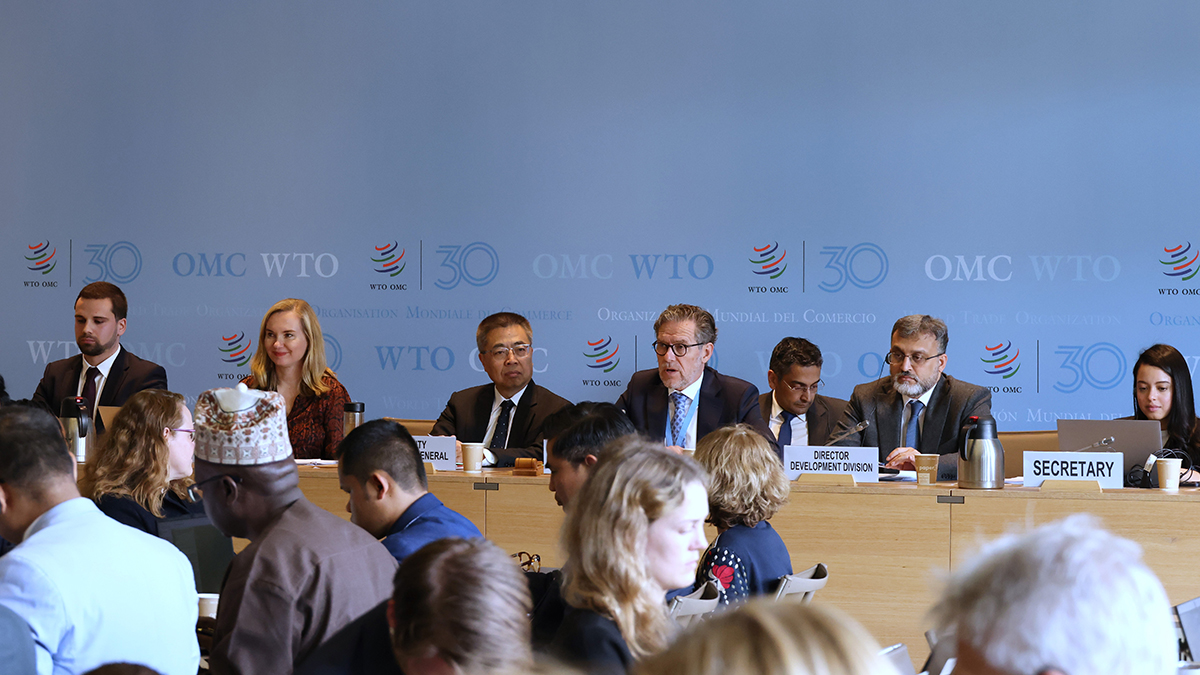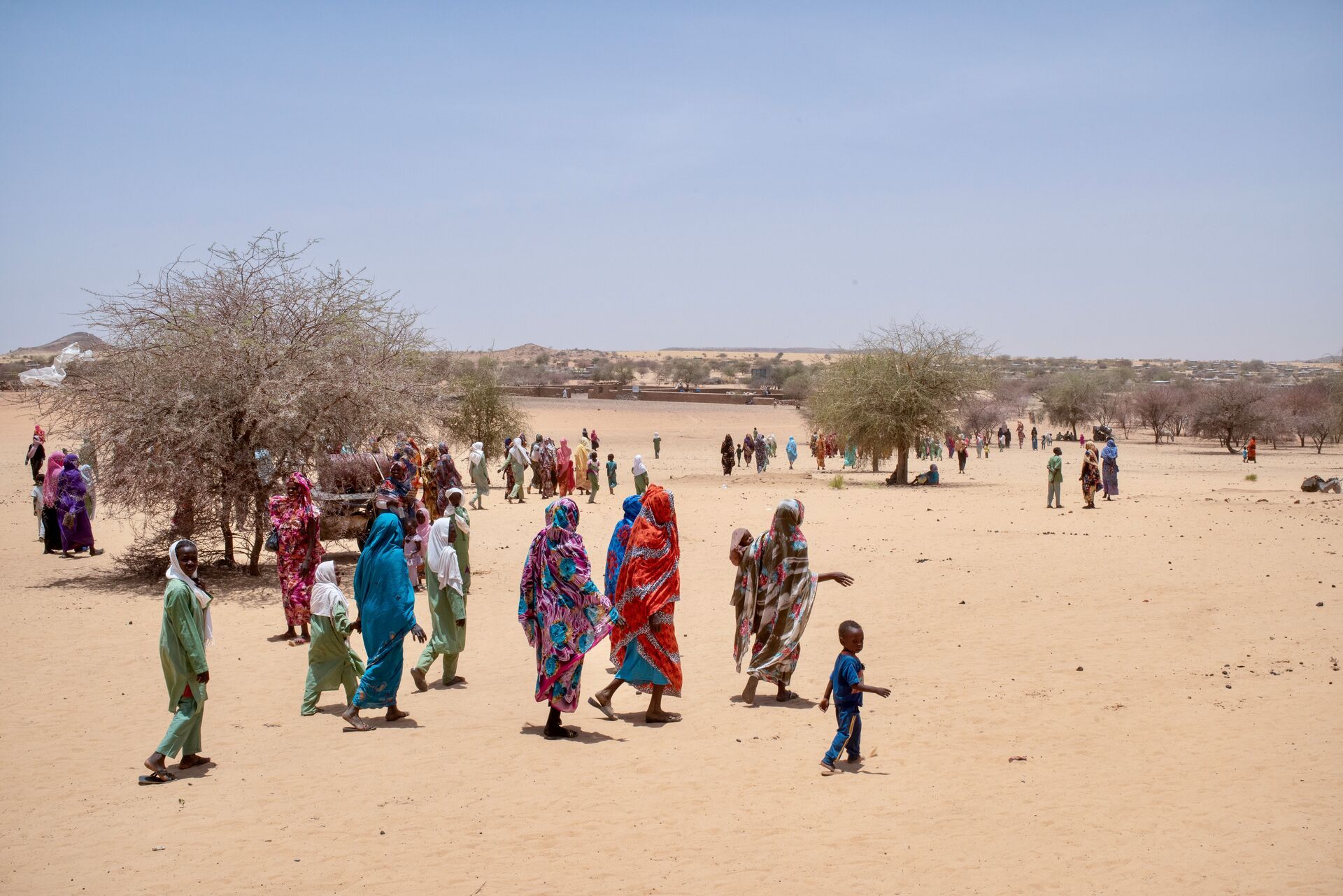
Geneva: The World Trade Organization (WTO) members have emphasized the need to increase the involvement of least-developed countries (LDCs) in agricultural supply chains.
During an experience-sharing session on March 27, 2025, organized by the WTO Sub-Committee on LDCs, the focus was on enhancing LDC participation in these vital supply chains. This event provided a platform for WTO members, development partners, and LDC representatives to exchange initiatives, insights, and best practices.
Additionally, in a meeting of the Sub-Committee on LDCs that took place on the same day, members reviewed trade trends affecting LDCs and discussed advancements in the ongoing LDC graduation talks.
The Centre for the Promotion of Imports from Developing Countries (CBI) outlined its current projects in Burkina Faso, Ethiopia, Guinea, and Senegal, aimed at bolstering the agricultural export potential of least developed countries (LDCs). Participants gained valuable insights from the Standards and Trade Development Facility (STDF), which dedicates nearly 60 percent of its resources to assist LDCs. The STDF’s initiatives have resulted in enhanced product quality, decreased reliance on chemicals and fertilizers, and increased awareness of post-harvest practices.
Speakers highlighted that the evolving regulatory environment, informal trade practices, and the effects of climate change present significant hurdles to developing sanitary and phytosanitary capacities in these countries. They stressed the necessity of collaboration among various stakeholders, including government bodies, the private sector, and academic institutions, to address inefficiencies in agricultural exports. Furthermore, they underscored the importance of market intelligence, skill enhancement, innovation, and South-South cooperation as vital components for improving the competitiveness of agricultural trade. The potential for the Least Developed Countries to enhance market access through digitalization and regional integration was also acknowledged.
Small-scale farmers in Least Developed Countries face considerable challenges due to the costs associated with certification, laboratory testing, and regulatory compliance. Women in these regions are particularly affected by gender-related barriers, such as limited access to land, financial resources, and export opportunities. Speakers referenced the dried mango value chain in Burkina Faso and the peppercorn value chain in Lao PDR to illustrate the difficulties posed by high tariffs, complex sanitary and phytosanitary regulations, a lack of awareness regarding best agricultural practices, financial constraints, and insufficient infrastructure.
On a positive note, innovative approaches are emerging in Laos, including collaborative certification processes that aim to streamline compliance and enhance market access for local producers.
Speakers emphasized the importance of enhancing collaborations and directing assistance to unlock the potential of least developed countries (LDCs) in agriculture, thereby fostering economic diversification.
In the Sub-Committee on Least Developed Countries (LDCs), the International Trade Centre showcased its Global Trade Helpdesk. Additionally, a presentation regarding the WTO Fisheries Funding Mechanism detailed its framework for monitoring, evaluation, and learning. Ambassador Ib Petersen of Denmark, who chairs the Sub-Committee, shared an update on the advancements made in discussions surrounding the graduation from LDC status since the start of the year.
The WTO Secretariat informed members that the share of LDCs in global trade of goods and commercial services has nearly doubled over the last three decades, increasing from 0.59 percent in 1995 to 1.17 percent in 2023. However, many LDCs still depend on a limited variety of products. Ambassador Petersen emphasized the need for further initiatives to boost LDCs’ engagement in global trade and to capitalize on new trade opportunities. A video highlighting the latest trends in LDCs’ trade is available for viewing.
Members also reviewed a new communication aimed at enhancing the implementation of the Guidelines for the Accession of LDCs and its Addendum, which was presented by Djibouti on behalf of the LDC Group and India. Currently, there are 44 LDCs, with 37 being members of the WTO, while four—Ethiopia, Somalia, South Sudan, and Sudan—are in the process of joining the organization.
– global bihari bureau





